Introduction
As a dog mom, you're always thinking about your fur baby's health and well-being. One area that's important, but sometimes a little confusing, is their bathroom habits. Yes, we're talking about poop! You might wonder, "How often should my dog poop?" Don’t worry, you're not alone in asking this question. Let's dive into what’s normal and when to be concerned, so you can feel confident that your pup is healthy and happy.
What’s Normal for a Dog’s Poop Schedule?
Every dog is different, and that includes how often they need to poop. Most dogs poop between 1 to 5 times a day, depending on various factors. Yes, that’s a pretty big range! It might seem like a lot, but remember, your pup’s poop schedule is influenced by their age, diet, and overall health.
For most dog moms, a pattern usually develops once your dog settles into their routine. The key is consistency. If your dog usually poops twice a day, and suddenly they start pooping four times, that might raise a red flag. Similarly, if they go from pooping regularly to not pooping at all for a day, it's something to keep an eye on.
Factors That Affect How Often Dogs Poop
Let’s break down the main things that impact how often your dog needs to go. Understanding these can help you manage your dog’s poop schedule and ensure they stay healthy.
Diet and Nutrition
What goes in must come out, right? Your dog’s diet plays a huge role in their poop frequency. Dogs who eat high-fiber foods or a diet with natural ingredients usually poop more regularly and in consistent amounts. On the other hand, dogs on low-fiber or highly processed diets might poop less frequently or have less predictable schedules.
Age of Your Dog
Puppies, adult dogs, and seniors all have different poop schedules. Puppies tend to poop more frequently since their digestive systems are still developing. Senior dogs, on the other hand, might poop less often due to slower digestion or other health issues.
Activity Levels
A more active dog tends to poop more often. Physical activity helps get the digestive system moving, just like it does for humans. If your pup has been running around all day, you might notice they need more bathroom breaks than on a lazy day at home.
Size and Breed Differences
Smaller dogs tend to poop less than larger dogs, simply because they eat less. But breed matters too! Some breeds are known to have more sensitive stomachs, which can affect their digestion and how often they need to go.
How Many Times a Day Should Your Dog Poop?

The number of times your dog should poop each day varies. Let’s take a look at what’s typical for different life stages:
Puppies vs. Adult Dogs
Puppies can poop up to five times a day! Their tiny tummies digest food quickly, and they’re still learning to control their bowel movements. As your puppy grows, their digestive system matures, and they’ll start pooping less frequently. Most adult dogs settle into a routine of 1 to 3 poops per day.
Senior Dogs
Older dogs may poop less often than when they were younger. Their metabolism and digestion slow down, which is completely normal. If your senior dog suddenly has a drastic change in their poop schedule, though, it’s always a good idea to check in with the vet.
Changes in Your Dog’s Poop Schedule
A sudden change in your dog’s poop habits can be a signal that something's off. However, not all changes are a reason for concern.
When More Frequent Pooping is Normal
If you recently changed your dog’s food to one that’s higher in fiber or you’ve increased their exercise, it's natural for them to poop more often. This is typically nothing to worry about, as long as the consistency and color of the poop look healthy.
When Less Frequent Pooping is Normal
Has your dog been lounging around more or eating a diet that's low in fiber? If so, their poop schedule might slow down. As long as they’re not straining to poop or showing signs of discomfort, this change is usually fine.
What Does Healthy Dog Poop Look Like?
Besides how often your dog poops, the poop itself can tell you a lot about their health. A healthy dog’s poop should be firm, moist, and easy to pick up. But there’s more to it than just that!
Color
The color of your dog’s poop should be chocolate brown. If it’s a different color, like green, red, or black, it could be a sign of a health issue, and it’s worth getting checked out by your vet.
Consistency
Healthy poop should have a firm but not rock-hard consistency. If your dog’s poop is too soft or watery, it could be a sign of diarrhea or digestive upset. If it's too hard, they might be constipated.
When Should You Be Concerned About Your Dog’s Pooping?
Sometimes, changes in your dog’s poop habits or appearance can indicate a problem. Here are a few signs to watch out for:
Signs of Constipation
If your dog hasn’t pooped in over 48 hours, or they’re straining to go, they might be constipated. You can try increasing their fiber intake, giving them more water, or taking them for a longer walk to help things move along.
Signs of Diarrhea
Diarrhea can be caused by many things, including a sudden diet change, stress, or an underlying health issue. If your dog has diarrhea for more than a day or two, or if it’s accompanied by vomiting, it’s time to see the vet.
Blood in Poop
Finding blood in your dog’s poop can be alarming. It might be caused by something minor, like an anal gland issue, but it could also signal a more serious problem. Always consult your vet if you notice blood in your dog’s stool.
How to Help Your Dog Maintain a Healthy Poop Schedule

There are a few simple ways you can help keep your dog’s digestive system on track:
Diet Adjustments
Feeding your dog a well-balanced, high-quality diet with the right amount of fiber is essential. Avoid sudden changes in their food, as this can upset their stomach and lead to irregular pooping.
Exercise
Regular exercise not only keeps your dog healthy but also helps their digestion. Taking your pup for daily walks and encouraging playtime can keep their poop schedule regular.
Hydration
Just like us, dogs need plenty of water to help their digestion. Make sure your dog has access to fresh water throughout the day. Proper hydration can prevent constipation and promote healthy poops.
Conclusion
As a loving dog mom, keeping an eye on your pup's poop schedule is part of ensuring they’re in good health. While every dog’s routine is different, most dogs poop between 1 to 5 times a day. The key is to watch for consistency in their habits and poop appearance. If something changes or seems off, don't hesitate to talk to your vet. By paying attention to what’s going in and coming out, you can help your dog live a happy and healthy life!
FAQs
1. Is it normal for my dog to poop more than 5 times a day?
Yes, if your dog has a high-fiber diet or gets a lot of exercise, it’s possible for them to poop more than 5 times a day. However, if this is unusual for them, it’s best to monitor their behavior and consult your vet.
2. What should I do if my dog hasn’t pooped in 48 hours?
If your dog hasn’t pooped for two days, it could be constipation. Try increasing their water intake and taking them for a walk. If they still can’t poop, it’s time to visit the vet.
3. Why is my dog’s poop green?
Green poop can be caused by eating grass or it could indicate a digestive issue. If it persists, or your dog seems unwell, check with your vet.
4. Can stress cause changes in my dog’s poop schedule?
Yes, stress can affect your dog’s digestive system, leading to diarrhea or constipation. If you suspect stress is the cause, try to remove any stressors or talk to your vet for advice.
5. Should I be worried if my dog’s poop is really hard?
Hard poop might mean your dog is dehydrated or not getting enough fiber. Make sure they’re drinking plenty of water and consider adjusting their diet. If the problem continues, consult your vet.


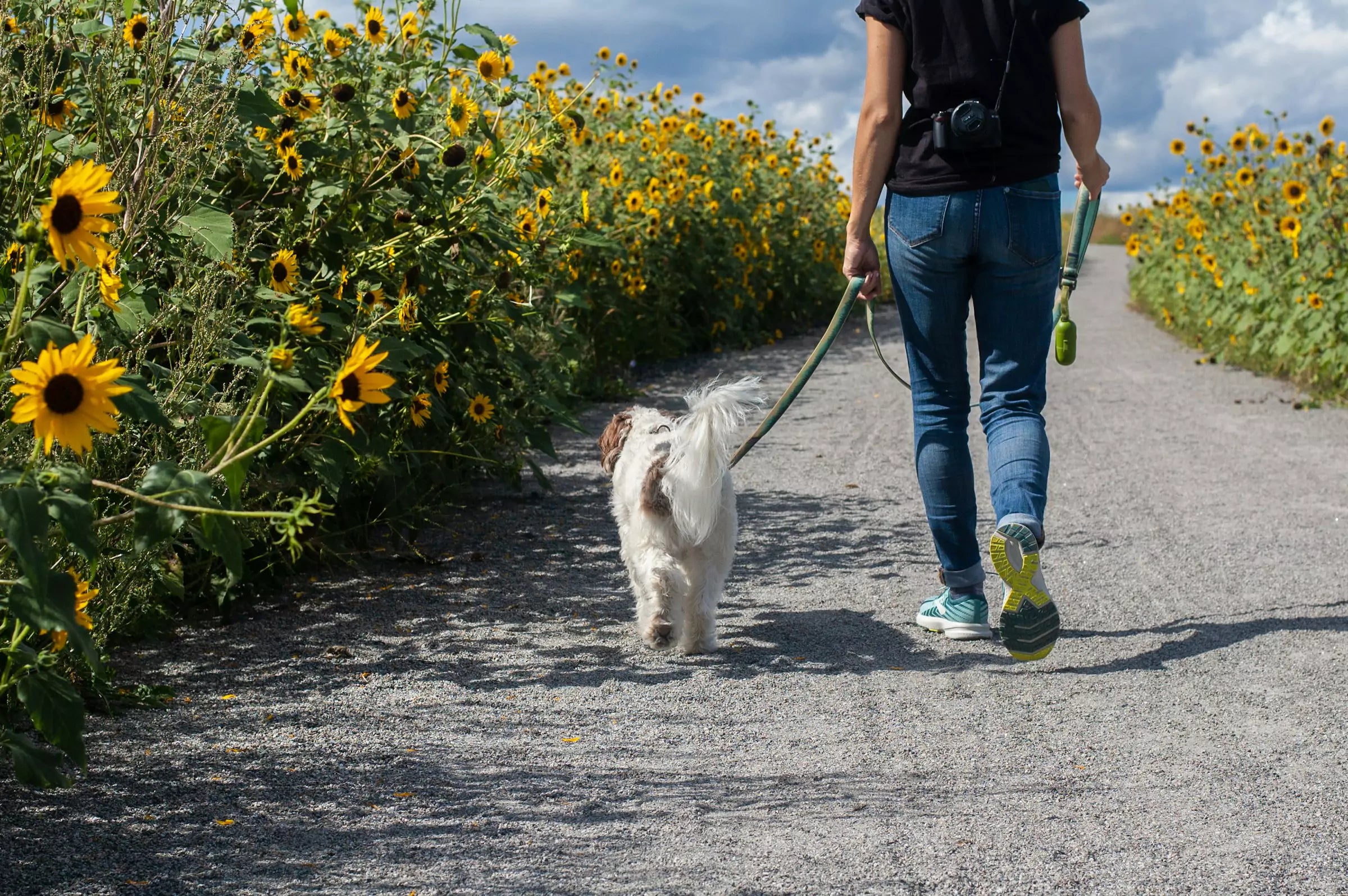
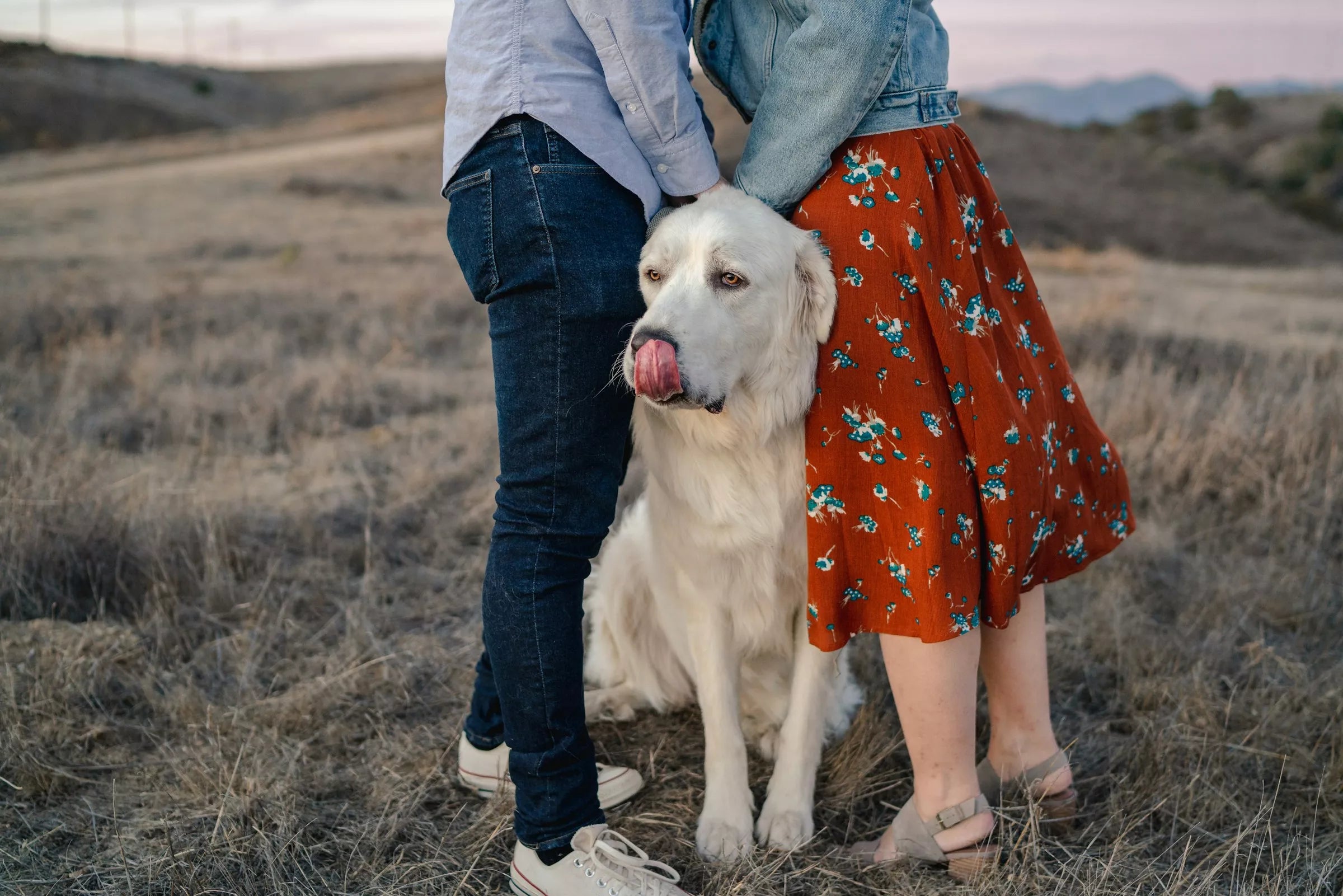

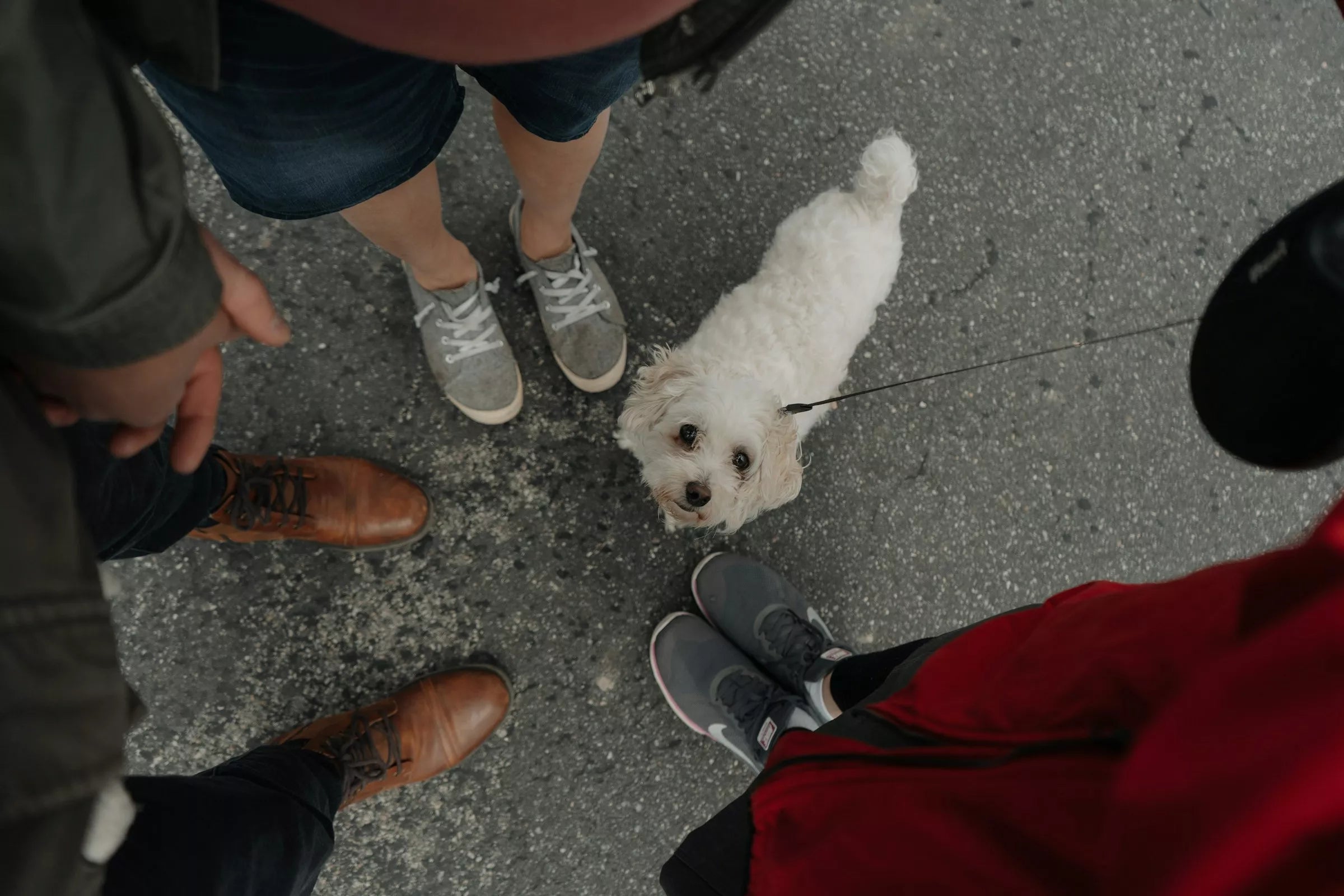
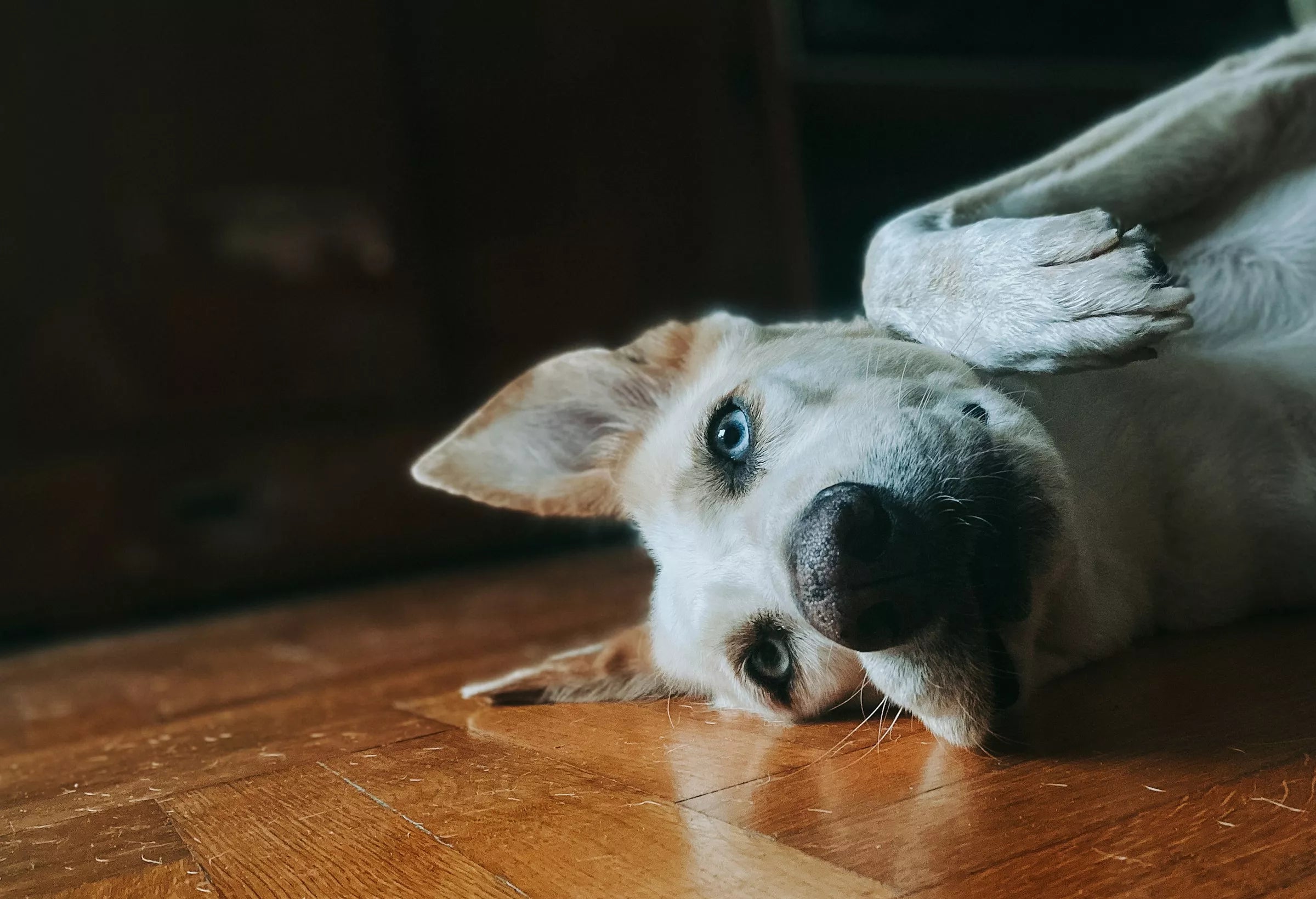

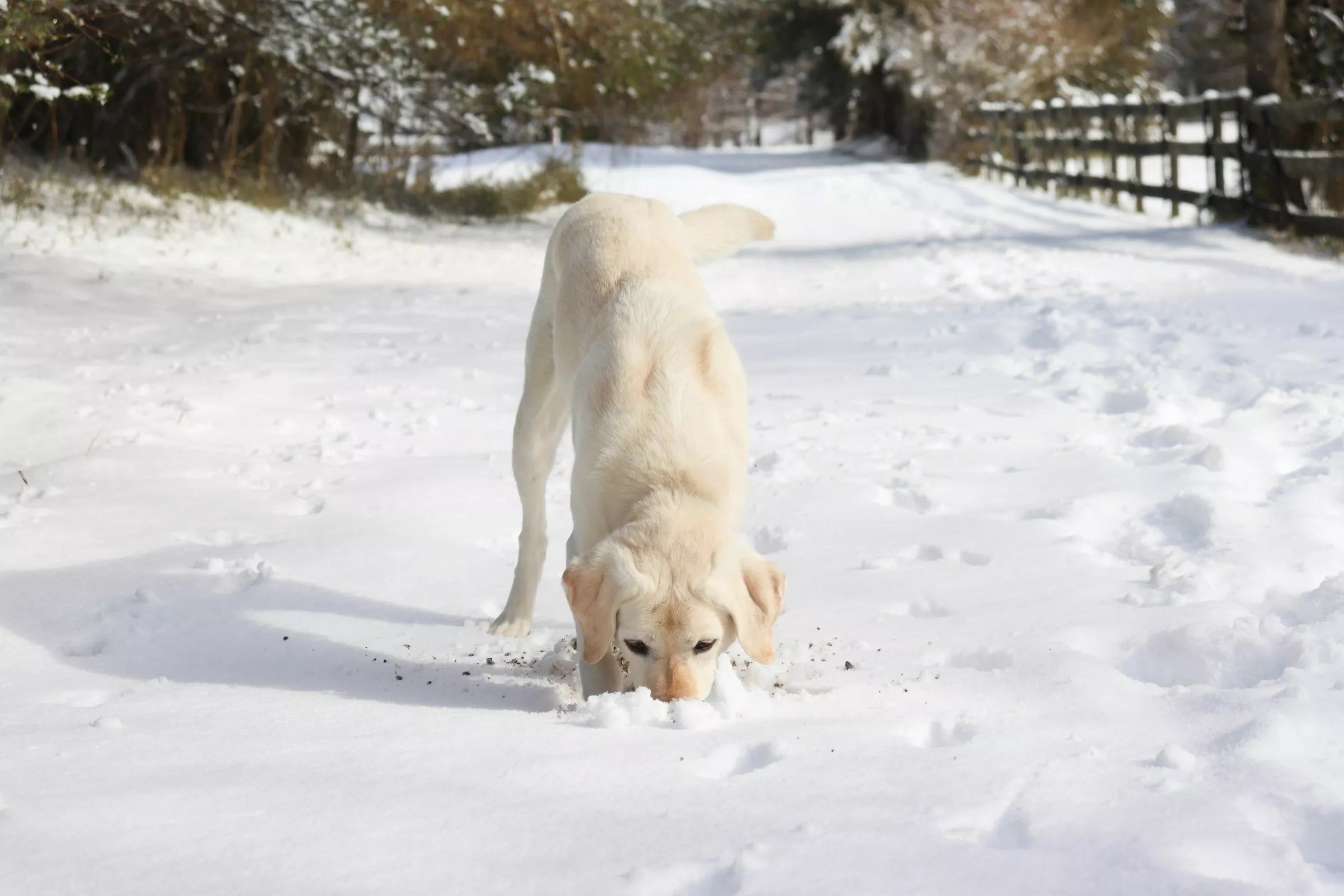






Share:
Should I Get a Second Dog?
What Causes Cancer in Dogs?